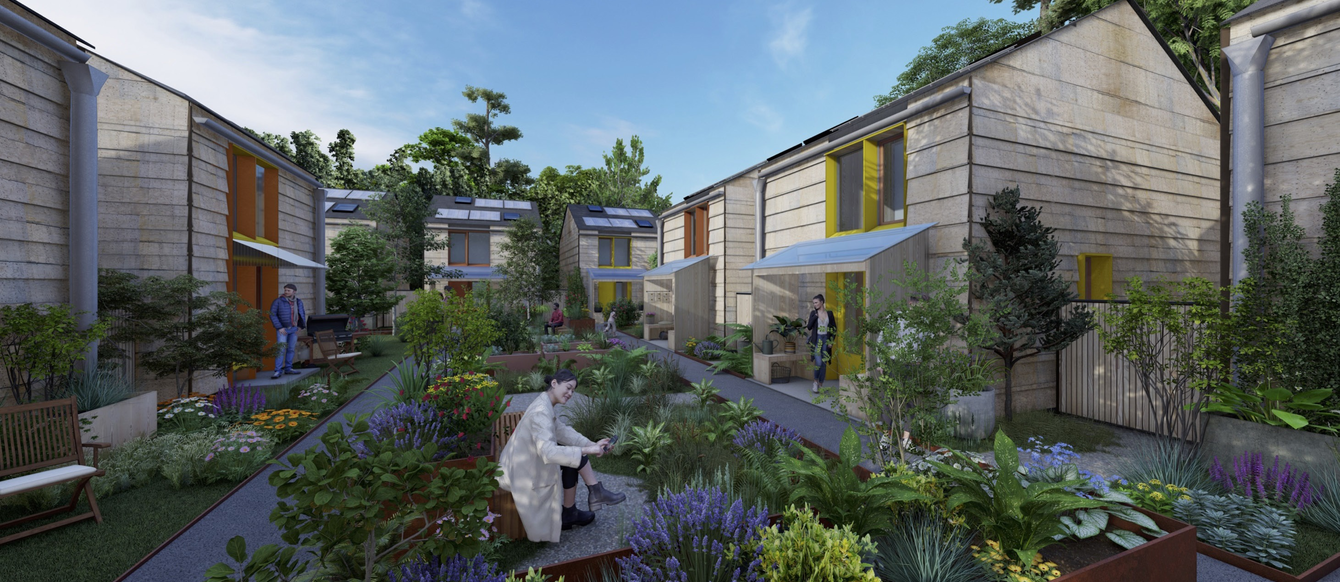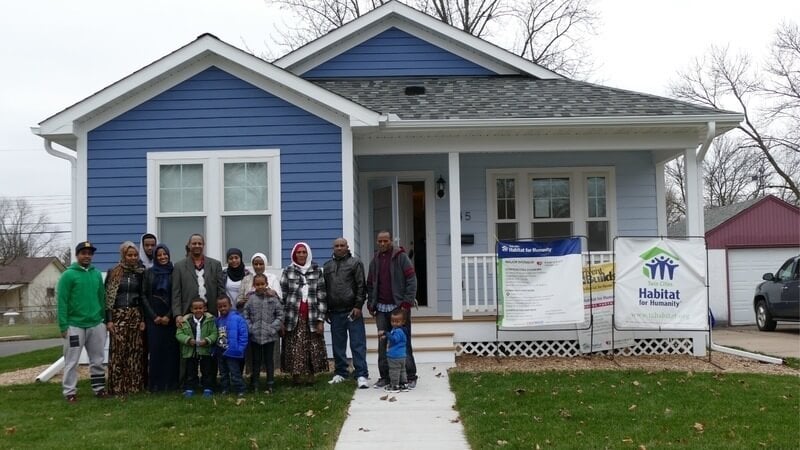Professional Guidance on Achieving Affordable Homeownership and Financial Stability
Professional Guidance on Achieving Affordable Homeownership and Financial Stability
Blog Article
Budget Friendly Homeownership Options for First-Time Homebuyers
As the real estate market remains to advance, new buyers face special challenges in protecting affordable homeownership alternatives. Numerous resources, consisting of entitlement program programs, low-down-payment mortgages, and targeted gives, have actually emerged to alleviate financial pressures. These efforts not just facilitate homeownership yet also foster neighborhood stability and financial growth. Navigating these options can be complex, and understanding which paths are most helpful requires mindful consideration. What approaches can prospective homeowners employ to maximize their opportunities in this landscape?
Government Help Programs
Government help programs play a crucial function in making homeownership achievable for numerous people and families. These programs aim to ease the economic worry linked with purchasing a home, particularly for newbie customers. By supplying financial assistance, grants, and tax incentives, government campaigns aid bridge the void in between rising real estate costs and the buying power of prospective homeowners.
Various programs are offered at the federal, state, and neighborhood degrees. The Federal Real Estate Management (FHA) offers insurance on fundings, permitting loan providers to provide much more desirable terms, such as reduced down payments and minimized interest rates. In addition, state and regional governments typically have their own efforts, which may include down settlement aid programs, buyer education and learning courses, and positive home mortgage terms.
These programs are developed to attend to the unique difficulties encountered by reduced- to moderate-income households, consisting of minimal cost savings and credit rating. By fostering a setting where homeownership is a lot more obtainable, government assistance programs not only support specific ambitions however likewise add to area security and financial development. Understanding and making use of these resources can considerably improve the prospects of effective homeownership.
Low-Down-Payment Home Mortgages
For numerous aspiring property owners, low-down-payment home loans present a practical pathway to homeownership, particularly in today's tough housing market. These home mortgage options commonly require deposits varying from 3% to 5%, making it easier for novice customers to enter the marketplace without the worry of saving for a substantial down settlement.
Numerous lenders provide low-down-payment programs, consisting of conventional loans backed by Fannie Mae and Freddie Mac, in addition to government-backed alternatives like FHA fundings. These home mortgages are developed to suit individuals with limited cost savings while still providing affordable rate of interest. Notably, they allow customers to retain even more cash for various other important expenditures, such as moving prices, home assessments, and possible renovations.
Nonetheless, possible house owners should be mindful of the trade-offs connected with low-down-payment home mortgages. A smaller sized down repayment may result in higher monthly settlements and the need of exclusive home loan insurance coverage (PMI), which safeguards loan providers in case of default. For that reason, it is crucial for new customers to perform comprehensive research and talk to mortgage specialists, guaranteeing they pick a low-down-payment alternative that straightens with their lasting economic goals. Affordable Homeownership.
First-Time Buyer Grants
Several novice property buyers discover that grants can substantially alleviate the visit their website monetary worry of purchasing a home, matching low-down-payment mortgage options. These grants, usually provided by state and non-profit organizations or local governments, offer economic support that does not need payment, making them an eye-catching option for those entering the real estate market.
Qualification for novice buyer grants commonly depends upon revenue, credit reliability, and the acquisition cost of the home. Numerous programs are made to assist low- to moderate-income family members, making certain that support reaches those that require it most. The application procedure often includes paperwork of economic condition, homebuyer education and learning training courses, and sometimes also a commitment to stay in the home for a specific duration.
The quantity of assistance varies commonly, with some gives giving a number of thousand bucks to help cover shutting expenses or deposits. Researching available grants in your location is vital, as programs frequently alter and may have details requirements. By leveraging these funds, novice property buyers can make homeownership extra available, eventually achieving their imagine having a home while minimizing the first economic strain.
Innovative Area Initiatives
Ingenious neighborhood efforts are playing an essential duty in expanding budget friendly homeownership alternatives for residents. These efforts often entail joint efforts between city governments, charitable organizations, and economic sector stakeholders to create lasting real estate options tailored to neighborhood demands.
One significant technique is the establishment of neighborhood land counts on (CLTs), which enable locals to buy homes while the land stays possessed by the trust. This model assists preserve affordability with time and stops speculative cost boosts. Furthermore, CLTs often give instructional resources and assistance solutions to encourage new buyers.
Another reliable campaign is the advancement of mixed-income real estate jobs, which blend cost effective devices with market-rate homes. This approach promotes inclusive communities and decreases the preconception usually linked with low-income real estate. Regional governments are increasingly supporting zoning reforms to assist in the construction of accessory dwelling systems (ADUs), which can give additional rental income for home owners while increasing housing accessibility.

Tips for Budgeting and Saving

Following, develop a devoted interest-bearing account specifically for your future home purchase. Purpose to conserve a percent of your income constantly, preferably 20% or even more, to build a considerable down repayment. Use automation devices, such as straight deposit or automatic transfers, to make saving simpler and more consistent.
Furthermore, think about taking on the 50/30/20 regulation: allocate 50% of your revenue to demands, 30% to wants, and 20% to financial savings and financial obligation repayment - Affordable Homeownership. This technique promotes balanced financial health and wellness

Conclusion
In summary, budget friendly homeownership alternatives for novice buyers include various sources such as entitlement program programs, low-down-payment home loans, and gives. These initiatives not just assist in entry right into the real estate market but also advertise area stability and economic advancement. my website By leveraging these monetary devices, people can navigate the complexities of homeownership, eventually adding to an extra fair housing landscape. Continued support and understanding of these programs are necessary for boosting ease of access to homeownership chances.
As the housing market proceeds to progress, newbie property buyers deal with special difficulties in protecting budget friendly homeownership alternatives. By promoting an atmosphere where homeownership is much more available, government assistance programs not only sustain specific ambitions but likewise add to neighborhood stability and economic development. By leveraging these monetary resources, newbie buyers can make homeownership a lot more available, ultimately attaining their desire of owning a home while reducing the preliminary economic pressure.
In summary, inexpensive homeownership choices for new homebuyers encompass numerous sources such as federal government support programs, low-down-payment mortgages, and gives. By leveraging these monetary tools, people can navigate the complexities of homeownership, ultimately adding to a more fair housing landscape.
Report this page